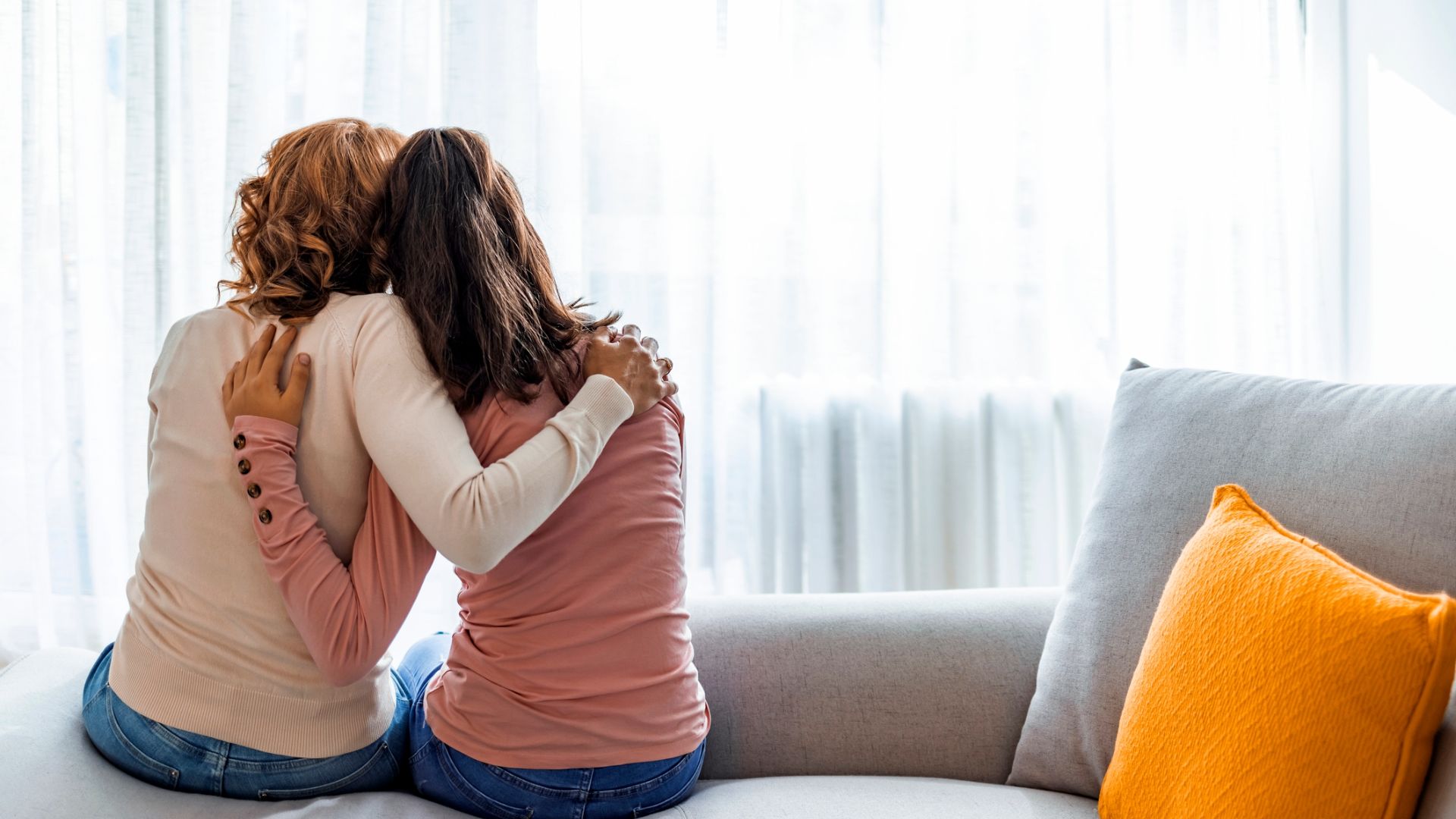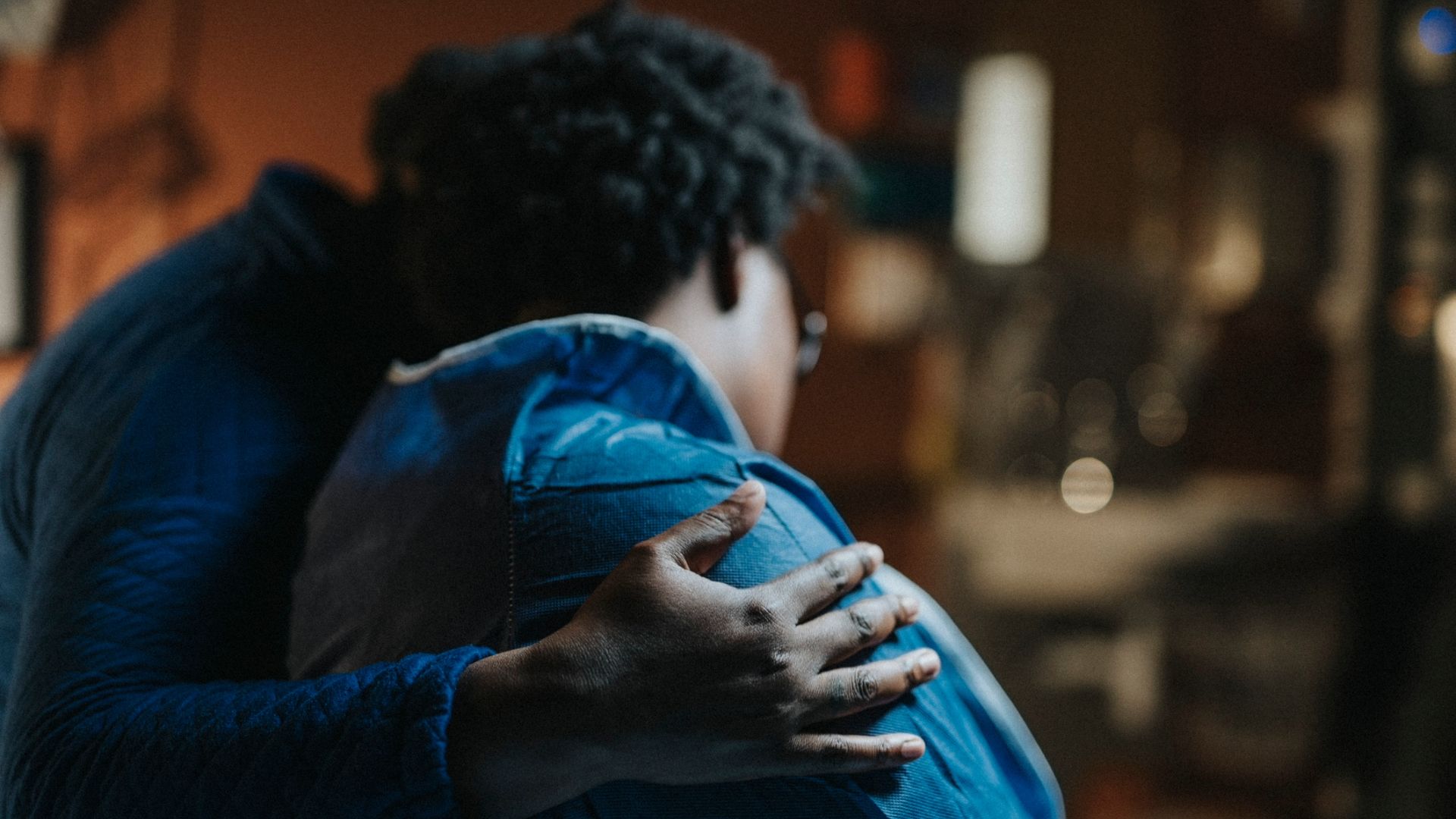Updated on October 20, 2025
When you’ve been diagnosed with cancer, many of the conversations and decisions that follow will focus on your physical health. But you also need to care for and tend to your emotional health. After all, a cancer diagnosis can feel as much like a psychic blow as a physical one.
Social support is crucial for people who have cancer. As they navigate therapies and appointments, they must also navigate internal worries that may arise about mortality, life choices, and relationships. Every stage of the process, from diagnosis to treatment to post-treatment, can raise unexpected anxieties.
Here are some ways to amass the support you need as you make your way through these stages.
Don’t try to go it alone
One thing is clear: Most people with cancer will benefit from having support rather than facing it alone. Don’t let the feeling of being on a lonely journey with a chronic disease make you keep support networks at arm’s length. It may be as important for people who love you to give you support as it is for you to receive it from them. If friends or family are not available, ask your health providers for tips on building a support network.
Choose the support that works best for you
What that support network will look like depends on the individual patient and the level of support you need. Some people benefit from group support with other people sharing their experiences with cancer, in real life or online. Others prefer a one-on-one therapist-client relationship. Still others find their circle of trusted friends and family sufficient for their needs.
For example, a social worker might be appropriate to help you manage your concerns about practical considerations such as work, school, or getting to and from appointments. For issues that are more focused on your mental state, professionals such as psychologists, psychiatrists, or psychiatric nurse practitioners might be appropriate. Optimally, someone in these professional capacities should be part of your support team.
A cancer diagnosis may also bring on existential or religious crises. Clergy people with special training in these matters may be good options to include in your network if you do not have your own trusted spiritual counselor.
Finally, a cancer diagnosis can lead one on a path of unforeseen complications related to navigating grief or sexual issues. In these cases, clinicians may be available who specialize in these areas.
Stay connected after treatment ends
The need for support doesn’t end with your last round of treatment. Post-treatment, people with a chronic disease will need continued psychosocial support, and their care plan should include provisions for it. Some specialty care groups offer survivorship clinics dedicated to patients who have passed through their treatment regimen and need this post-treatment help.
Get help with financial concerns
One not-insignificant source of anxiety with a cancer diagnosis—through treatment and beyond—is personal finances, particularly when treatments are expensive and a diagnosis is disruptive to one’s career. Psychosocial support may include access to a social worker on your treatment team who specializes in financial issues.
Check in with yourself about distress
Distress is a completely normal response upon receiving a cancer diagnosis. But sometimes, recognizing when your own distress has crossed into severe territory can be difficult. Watch for red flags, such as feeling panicky and overwhelmed or crushed by sadness that makes you think you can’t complete treatment. Another signal to look out for: being unable to think about anything other than cancer and dying.
You don’t need to rely on your own internal checklist to determine whether your distress requires professional intervention. Your care team can check in with you regularly using a standardized rating scale and a series of questions to determine if you’ve reached distress levels severe enough to warrant further supports.






